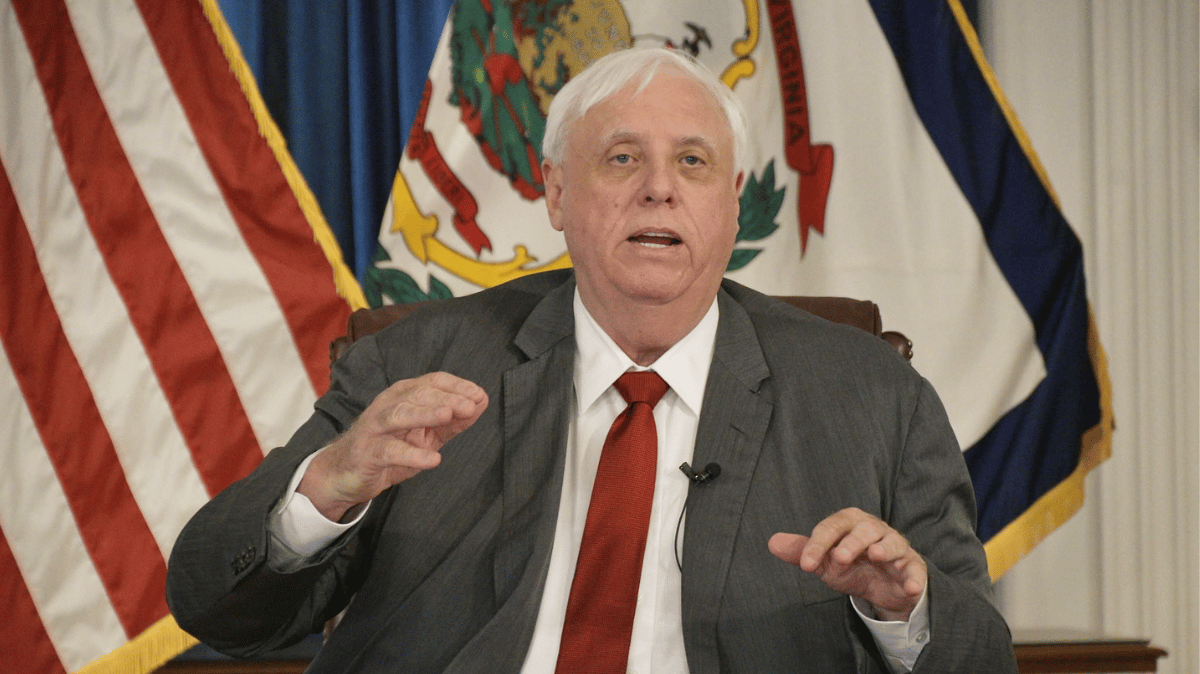Senate Bill 128, clarifying the authority of Governor and Legislature to proclaim and declare a state of emergency and preparedness passed the House of Delegates on Tuesday, 93-3. The Senate already passed the bill on the opening day of the legislative session.
Efforts by senators and delegates to limit the governor’s emergency powers began in last summer’s interim sessions. The issue surfaced during the COVID-19 pandemic, when Gov. Jim Justice only lifted the emergency order at the end of 2022, lasting much longer than many lawmakers would have preferred.
During their floor discussion, delegates voiced concerns that irrevocable damage could have already been done during the emergency order. They identified concerns about the perils of micromanaging during a state of emergency and worried that the language in one failed amendment might allow for citizens to hoard resources during a snowstorm due to the limitation of the governor’s powers.
The House adopted a key amendment that limits the governor’s use of his powers to 30 days. Afterward, everything is subject to legislative review. It gives the legislature more power over the time and definition of an emergency. It toughens the definitions of state of emergency and state of preparedness. It removes executive authority to suspend or limit the sale, dispensing or transportation of alcoholic beverages.
Del. Pat McGeehan, R-Hancock, said during floor debate there was a learning curve gained during the pandemic.
“The bill before us, that addresses the so-called emergency powers with the executive branch, has really nothing to do with personalities, nothing to do with certain factions within this chamber, or within the chamber or across the hall or within the personalities downstairs,” McGeehan said. “It really has to do with certain ideas. And that’s what I usually gravitate towards: ideas. And the idea really is that we really, in going forward in the future, cannot abide by something that is rather antithetical to the American tradition that is sort of a simplified one man rule in perpetuity.”
The bill now goes back to the Senate after being amended in the House to see if they agree with the changes.
